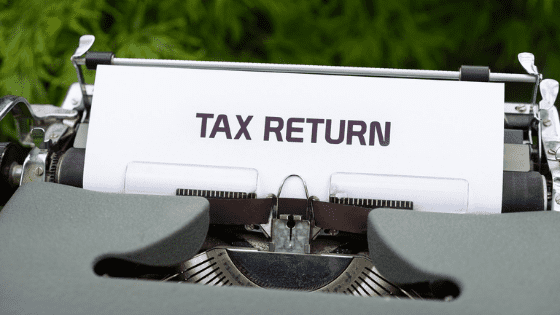
When most people think of investments, the first thing that comes to mind is usually stocks. Stocks receive much more media attention and have the potential to increase in value rapidly, creating income for the owner. With that potential to rapidly increase in value, though, comes the risk of a rapid decrease, something we have all seen in recent times. Thus, a balanced portfolio would not be complete without holding bonds as well as stocks.
What are bonds?
Simply put, bonds are loans from investors to an organization, usually a corporation or a government. They create a safer source of fixed income for the bond holder. While they do not have the same upside potential as stocks, they can be a much lower risk investment. Bonds also present additional options for tax planning purposes.
A corporate bond is fully taxable income, both to the Federal and State governments. Bonds issued by governments, though, can create tax exempt income. There are two main types of government bonds:
- Treasury Bonds – issued by the Federal government and exempt from state tax
- Municipal Bonds – issued by states and cities and exempt from Federal tax and sometimes state tax
What are the tax benefits of bonds?
Treasury bonds are a more secure investment but offer low interest rates. As they are exempt from state tax, they will create some overall tax savings, especially in states with high tax rates. Municipal bonds, though, offer many more opportunities. They are exempt from Federal taxes, which can be a significant savings for those who are in a high tax bracket. And most states offer municipal bonds that are exempt from state tax as well! The rules are different for every state, so be sure to talk to your TPC financial planner or tax advisor before making any decisions.
Some states, such as Illinois, Iowa, Oklahoma, and Wisconsin tax most municipal bonds. Illinois, for example, provides a small list of bonds that are tax exempt. In other states, such as California, nearly all the municipal bonds are tax exempt. It is also worth considering investing in municipal bonds that are not tax exempt, even those issued in states other than your primary residence, as they can offer higher yields. States with higher income taxes traditionally offer bonds with lower yields.
How do I add tax-beneficial bonds to my portfolio?
Treasury and municipal bonds offer a safer, fixed-income investment vehicle with some useful tax exemptions. They can be an essential part of a balanced portfolio and can put the owners in a better tax position. Talk to your TPC tax advisor or planner for more information.





